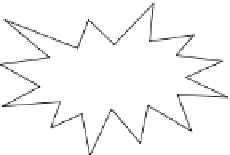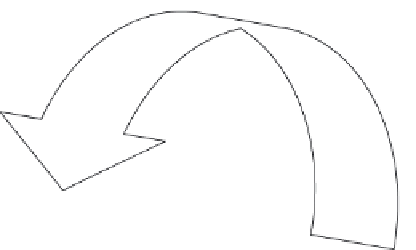Travel Reference
In-Depth Information
emotional and social aspects related to the consumption experience. Finally, postmodern
conceptualizations coming from anthropology and sociology have offered a wider view of
tourists' behaviour and experience, going beyond the presentation of a material and rational
consumer to include symbolism and sense-making.
These different perspectives on tourist behaviour are not in opposition but complement one
another to offer a panoramic vision. After all, the study of tourists is the study of human beings
in all their complexity: beings who both think and feel, beings who both look to satisfy functional
needs and higher-order aspirations, beings who both make decisions and enjoy experiences.
This whole process of making decisions and experiencing the holiday can be summarized by the
concept of transition, i.e. the passage from one state of affairs to another. Indeed, tourism
behaviour may be seen as a transitional activity involving four major dimensions (
Figure 19.3
).
First, the holidaymaker is motivated toward leaving his/her ordinary (daily-life) time for the
extraordinary (holiday) time. The need to break with routine and to get away is the basic push
factor. It can be refi ned into a temporal and a spatial escape. For some holidaymakers, such a
transition is connected with leaving the pace and stress of occupational or household everyday
life. The holiday means other activities, another time, another pace. There is no need to get away
from home for this. In contrast, other holidaymakers need to escape home to really feel as though
they are on holiday. Second, holiday DM and the tourism experience is characterized by a
Figure 19.3
The tourist in transition (Decrop 2010).







































